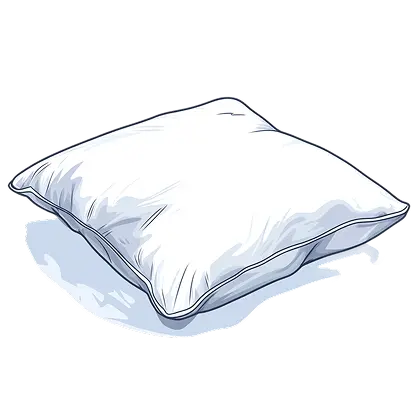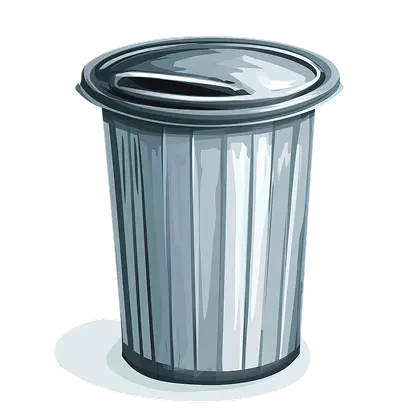

Soap (noun) — A washing agent, which removes dirt, grease and microbes on the skin, clothes or surfaces, often with the use of water and a couple of bubbles. Soap, being in foamy pumps, bars, and liquids, is your savior to maintain freshness and cleanliness.
How to Pronounce "Soap"?
Start with a sharp whistling of an “s” (as in the word, sun), then a long extension of the “oh” (as in the word go), then the easy “p” short and soft, like a pop bubble.
Level up your English with Koto!
Examples: How to Use “Soap” in a Sentence?
Getting to know new words is a matter of context. As soon as someone in everyday life mentions the word soap, it is easier to remember and understand its definition.
What Are Synonyms for the Word “Soap”?
Knowing how to spell “soap” is just one part; adding a few synonyms and related phrases can give your speaking skills a nice, clean upgrade.
Related nouns: cleanser detergent shampoo
Synonyms (contextual): body wash hand soap liquid soap bar soap
Common collocations: lather up with soap rinse off the soap scented soap soap dispenser
“Soap” Word Formation and Description in Context
One of the easiest ways to make new vocabulary stick is to see how a word like “soap” naturally pairs with others in real-life speech. These common patterns will help you use it with confidence:
With adjectives: scented soap gentle soap antibacterial soap foamy soap
With verbs: use soap rinse off soap lather soap run out of soap
With nouns (noun + noun): soap dish soap bar soap bubbles soap dispenser
Idioms and Phrases with “Soap”
In English, “soap” plays more than one role. It pops up in phrases that add humor, drama, and depth to conversation.
-
Soap opera — an emotional radio series or TV program that is full of twists and problems which never end. It can be also used to refer to life drama that seems to be quite exaggerated.
By lunch the argument they had in the office became a full-blownsoap opera. -
Soapbox — a literal or figurative pulpit where one argues forcefully by pouring out his or her opinion.
She went on hersoapbox regarding climate change and talked twenty minutes in a row. -
Soft soap someone — to flatter or sweet-talk someone to get what you want.
He tried to softsoap the teacher into giving him an extension. -
Hooked on a soap — to be addicted to watching a melodramatic TV series, usually a soap opera.
She’s completely hooked on asoap and won’t answer calls when her favorite show is on.
Test Your Knowledge of Soap Meaning — Quiz Time!
Get ready to lather up your brain and scrub away confusion! Try these quick exercises to see what you really know about “soap” — both the slippery kind and the figurative fizz.
Enjoy personalized learning!
“Soap” Word in Other Languages
Expanding your vocabulary is like giving your brain a good scrub, cleaner, sharper, and ready for more. Let’s see how the word “soap” bubbles up in different languages:
| Language | Word for “Soap” |
|---|---|
 Spanish
Spanish |
Jabón |
 French
French |
Savon |
 German
German |
Seife |
Did You Know It? Fun Facts About “Soap”
Words stick better when they come with trivia and “soap” brings its own lathered-up history.
-
Ancient soap wasn’t so fancy.
Early forms of soap date back to Babylonia around 2800 BC. These soaps were made by mixing animal fats with wood ash, mainly for cleaning wool and textiles, not personal hygiene. Ancient Egyptians and Romans later used similar mixtures. -
Soap saved lives — literally.
During the 19th century, as public hygiene improved and soap became more common, death rates from infectious diseases dropped. A humble bar became a silent hero. -
Soap opera got its name from real soap.
Those dramatic TV shows were originally sponsored by soap companies. Cue the tears, plot twists, and… laundry detergent. -
Not all soap is actually “soap.”
Many modern “soaps” are technically synthetic detergents. So that ultra-foaming body wash? It might be a bubbly imposter. -
One bar. 14.45 tonnes.
The largest soap bar ever made weighed 14.45 tonnes, crafted in China and crowned by Guinness World Records. It took over three months to finish and, after the bubbly celebration, it was chopped into smaller bars and sold. Clean sweep, business edition.
Famous Quotes Featuring “Soap”
Long before liquid pumps and floral scents, soap lathered its way into culture, carrying more than just cleansing power. Ask anyone to define soap, and you’ll hear “a substance that cleans,” but in quotes and sayings, it often scrubs at deeper meanings too.
Explanation: Here, Twain uses “soap” as a metaphor for hygiene and progress. He’s emphasizing how simple tools like cleanliness and knowledge may work quietly—but they change the world with far more lasting power than violence.
— C. S. Lewis
Explanation: Lewis warns that chasing comfort over truth leads to false hope and eventual disappointment. Real comfort comes after facing the truth, not by avoiding it. Illusions feel good at first but crumble as time goes on.
— William Osler
Explanation: Basic hygiene and good judgment are frequently more beneficial than flashy remedies, according to Osler, a pioneer of modern medicine. Whether in life or health, clean hands and clear thinking avoid more issues than they solve. Sometimes simplicity is the best defense; it doesn’t always imply weakness.





